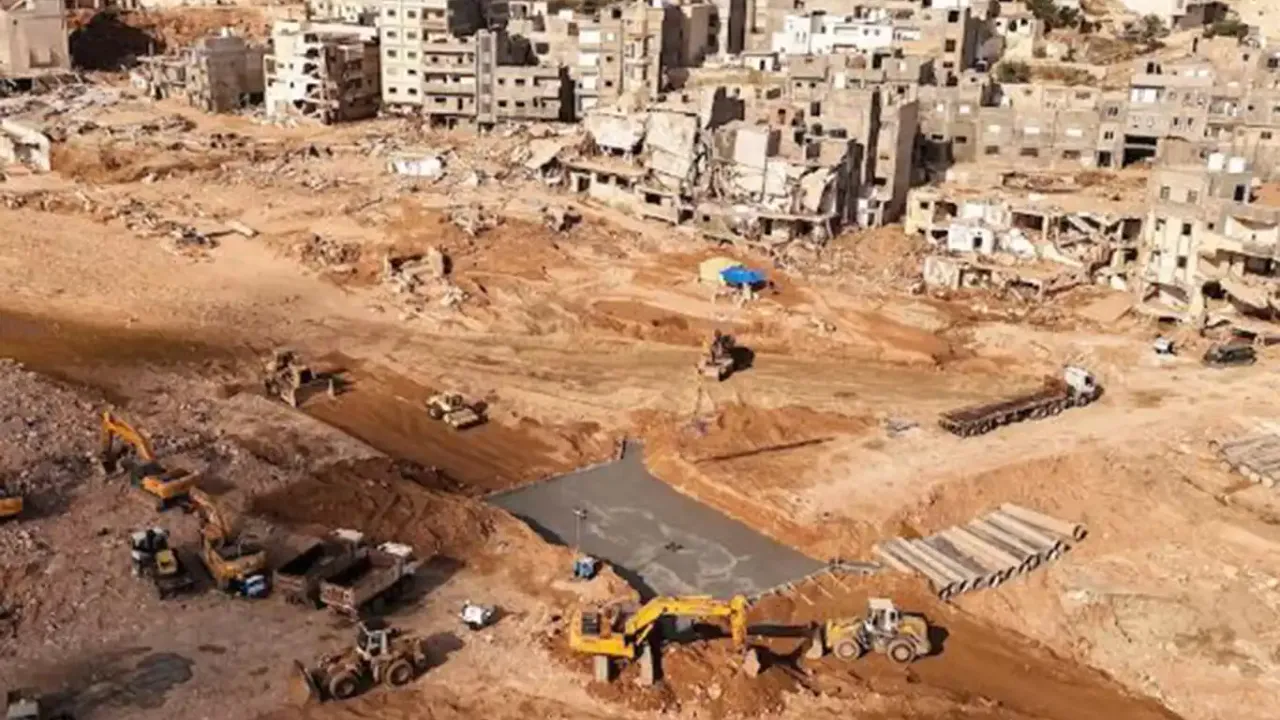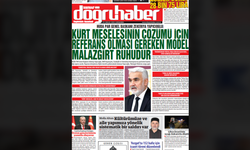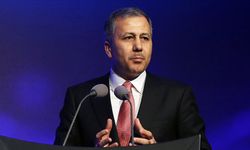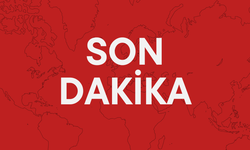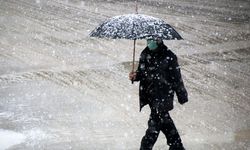WHO is committed to supporting immediate efforts aimed at reinstating healthcare access and preventing the spread of infectious diseases, especially among the tens of thousands of displaced individuals now residing in shelters.
Dr. Ahmed Zouiten, WHO Representative in Libya, expressed the staggering magnitude of the catastrophe, stating: "The need for swift, unified action cannot be overstated. We are collaborating closely with our partners, national authorities, and the international community to deliver vital aid, save lives, and reinstate essential health care services during this profoundly challenging period."
An interagency team from the United Nations conducted an assessment of the affected areas, identifying four critical priorities: ensuring access to clean water, preventing disease outbreaks, restoring primary healthcare services, and establishing mental health and psychosocial support for survivors.
Devastating Impact and Public Health Risks
Since the disaster struck on September 10, 2023, the toll has been devastating, with 4,014 reported fatalities and over 8,500 individuals still missing. Search and rescue teams have heroically rescued 452 survivors from the rubble of collapsed buildings. Currently, between 30,000 and 35,000 flood-displaced people are residing in overcrowded camps and settlements in the Derna governorate, facing limited access to clean water and sanitation.
The primary health risks for flood survivors arise from contaminated water sources and inadequate hygiene and sanitation facilities. These risks include potential waterborne disease outbreaks, such as acute watery diarrhea and cholera, as well as vector-borne diseases like typhoid fever, dengue, malaria, and yellow fever. The challenges are further compounded by disrupted healthcare services, especially for vulnerable groups such as children, women, and individuals with chronic illnesses.
The loss of loved ones, homes, livelihoods, and possessions has left tens of thousands of people at significant risk of acute mental distress.
Assessment of Health Facilities
WHO has rapidly assessed 78 health facilities, including 24 hospitals and 54 primary healthcare facilities. Over half of these facilities were reported as either closed or non-operational due to damaged infrastructure, staff shortages, and shortages of medicines, supplies, and equipment. Among the hardest-hit districts were Derna, Al-Jabal Al-Akhdar, and Al-Marj.
Restoring Functionality and Relief Measures
Collaborating closely with the Libyan Ministry of Health (MoH), WHO is working tirelessly to restore functionality in 10 health facilities and establish six field hospitals. A 100-bed field hospital with specialized departments has been set up in Derna to address critical healthcare needs. Mobile clinics have been deployed to serve areas like Al-Bayada village in Al-Jabal Al-Akhdar, where the local hospital has been forced to close. Additionally, WHO has supplied chronic disease medicines to primary healthcare centers in various locations.
Mental Health Support
Recognizing the profound psychological impact of the disaster, WHO is prioritizing mental health and psychosocial support services for affected communities. This includes a range of services, from "psychological first aid" through the primary care system to specialized psychiatric care for those deeply traumatized. Trained mental health professionals and resources are being deployed to provide assistance and support.
Environmental Challenges
Challenges persist in the form of environmental hazards, including the proliferation of disease vectors such as flies and mosquitoes. Stagnant water, particularly in areas like Al-Makhili, Derna, and Soussa, creates breeding grounds for mosquitoes and fosters conditions conducive to the spread of diseases like malaria and waterborne illnesses.
Disease Surveillance
The Libyan National Centre for Disease Control (NCDC), with support from WHO, is leading disease surveillance efforts. This includes active surveillance in hospitals, health facilities, and shelters for displaced people to detect possible outbreaks early and launch immediate control measures.
Community Engagement and Information Sharing
WHO is actively engaging with affected communities to communicate health risks and prevention measures. Awareness campaigns emphasize the importance of using clean water and avoiding water and foodborne diseases. Health education materials are being distributed to raise awareness of disease prevention, and WHO is providing guidance on psychological first aid.
International Support and Funding
To kickstart the immediate response, WHO has allocated $2.3 million from its Contingency Fund for Emergencies. An additional $11.1 million has been requested through the United Nations Flash Appeal. International support has been pledged, with the Central Emergency Response Fund and the Government of Germany contributing $3 million and $1 million, respectively.
The situation in Libya remains critical, with WHO and its partners committed to providing essential relief and support to those affected by this devastating disaster. Stay tuned for updates on the ongoing response efforts. (ILKHA)
